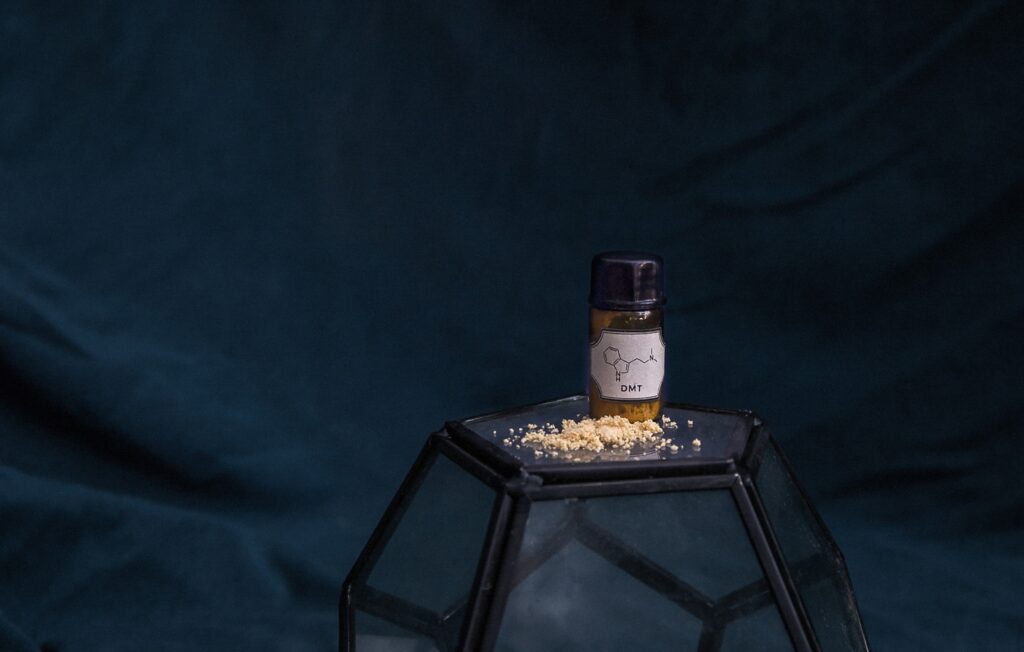The drug is poised to be used in clinical trials in an attempt to treat depression.
Small Pharma, a neuropharmaceutical company, working alongside the Centre for Psychedelic Research at Imperial College London have received regulatory approval to use DMT, a psychedelic drug, in a patient clinical trial. By giving low doses of the drug, alongside counselling psychotherapy, scientists are hoping to demonstrate DMT’s effectiveness at treating major depressive disorders (MDD).
The trial, which the team hope to begin in January 2021, will involve 32 healthy volunteers who have never taken a psychedelic drug before being given small doses of DMT, followed by 36 patients who have clinical depression.
The trials follow similar clinical trials done in 2016, that used doses of psilocybin (commonly known as magic mushrooms) alongside therapy to treat anxiety and depression. A long-term follow-up of this study showed that 71% of patients attributed positive life changes to the drug-assisted therapy.
The research surrounding the use of psychedelics in mental health treatment has been decades in the making and this represents a significant next step.
DMT, known as the ‘spirit molecule’ has been used in South America for over 1000 years. Traditionally, it was used in shamanic rituals and taken in the form of a brew called Ayahuasca, along with other ingredients. It causes intense psychedelic experiences within 20 minutes of taking it but tends to last for a shorter amount of time relative to magic mushrooms or LSD.
Peter Rands, Small Pharma’s CEO said, “Whereas a psilocybin session takes all day – and if you’re doing two or even more of those, that’s a large time commitment – a DMT session, all in, will probably take under two hours”.
The hope is that the drug will ‘rejig’ the brain before therapy, breaking down the more damaging thought processes in preparation for putting it back together in therapy.
Carol Routledge, chief scientific and medical officer at Small Pharma said “The psychedelic drug breaks up all of the ruminative thought processes in your brain – it literally undoes what has been done by either the stress you’ve been through or the depressive thoughts you have – and hugely increases the making of new connections”
Whilst this research will focus on MDD, there’s hope that it may one day also be used to treat other mental disorders, including PTSD or OCD.
In the UK, DMT is a Class A drug, with 7 years jailtime for possession and a life imprisonment for supply.
DMT is not the only illicit drug that has been investigated as a potential treatment for illnesses either.
MDMA (commonly known as ecstasy)-assisted psychotherapy is being investigated as a treatment of PTSD. So far, results are positive, with one study showing 67% of patients that used MDMA-assisted treatment no longer met the clinical criteria for PTSD, compared with 56% of patients in non-MDMA-assisted treatment.
A major hurdle to these studies is the social stigma of these drugs. Many laws and attitudes are still very hostile to psychedelics and other illegal substances. The hopes of many scientists is that this research has the potential the begin breaking down some of these attitudes and for the substances to begin being seen as legitimate paths to recovery.
